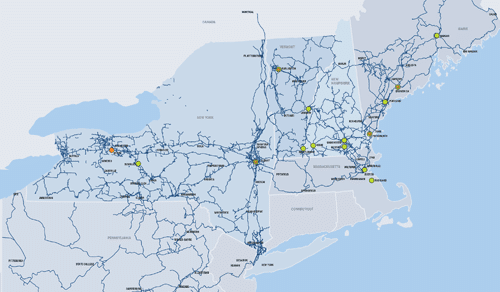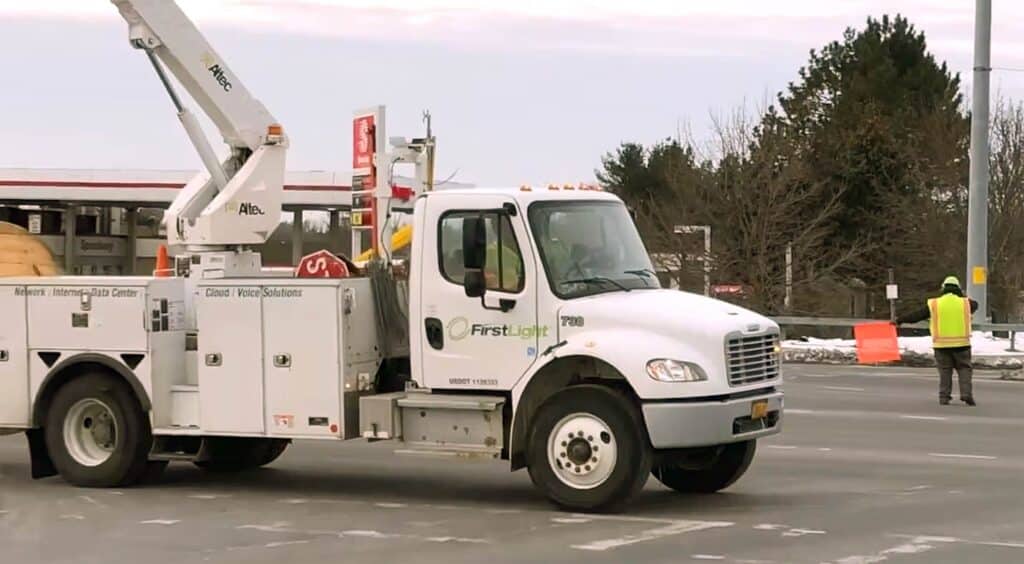The colocation market is growing by leaps and bounds. Gartner predicted that spending on colocation would rise to $74.5 billion by 2020, a substantial increase from the $53.9 billion reported in 2016.
Companies are embracing colocation as an alternative to on-site data centers because they want to avoid the expense, time, and labor that maintaining and supporting a data center requires. With a colocation provider to monitor your data center and  perform upgrades and refreshes, your IT team can focus on the core business and find more time to innovate. Colocation in a third party data center also eliminates many upfront costs and makes scaling easy.
perform upgrades and refreshes, your IT team can focus on the core business and find more time to innovate. Colocation in a third party data center also eliminates many upfront costs and makes scaling easy.
Choosing a facility is a major decision. Before relocating your resources, you want to feel confident about your choice. The cost and effort of a data center migration mean you’ll want to opt for a provider you can have a long-term relationship with.
Here are some key considerations when choosing a colocation:
Location, Location, Location
The idea that the 3 most important things in real estate are location, location, location also applies to choosing a colocation facility. It should be geographically distant yet readily accessible.
If a natural disaster or power failure hits your main office, you want your colocation to be far enough away to be unaffected. On the other hand, you want your colocation to be close enough that you can recover quickly after an outage. A great colocation provider will offer a variety of data center location options as well as an extensive network to enable high speed connectivity.
State-of-the-Art Security
A colocation facility needs to provide advanced security and monitoring along with management services.
The physical location should have strict controls over who can access the facility as well as individual lockers and cages. Intrusion detection and prevention provides a proactive approach to security that stops cybercriminals before they can cause any damage.
Keeping Compliant
For companies in highly regulated industries such as finance and health care, finding a colocation provider with experience meeting compliance rules is essential. Health care organizations need to meet HIPAA regulations governing the accessibility of patient records to avoid huge fines. Financial firms need to follow Sarbanes-Oxley regulations for retaining records.
Staying Always On
Any service level agreement you enter into with a colocation provider should guarantee high availability. Maintaining continuous uptime is a key factor in encouraging customer and client loyalty. Customers should feel confident you will always be available to them when they need you.
A reliable, high-speed network eliminates the latency issues that create user experience issues. Redundant power supplies prevent downtime in the event of an outage.
Finding the Right Colocation
Before moving your data center to a colocation facility, your company needs to make sure you will get everything you need from your provider. The provider should be open to any questions you have about the services and other amenities they will provide. A long-term relationship with a colocation provider is built on trust and transparency.
As a colocation provider, FirstLight checks all the boxes. We have 12 data centers/colocation facilities strategically throughout the Northeast for geographic diversity. Our facilities provide both connection redundancy and multiple power generators to guarantee optimum uptime.
When your business moves to one of our sites, you gain 24/7 protection from unauthorized access as well as a provider with multiple compliance certifications.
Is your business ready to make the move to colocation? Learn more details about the colocation options at FirstLight.





















